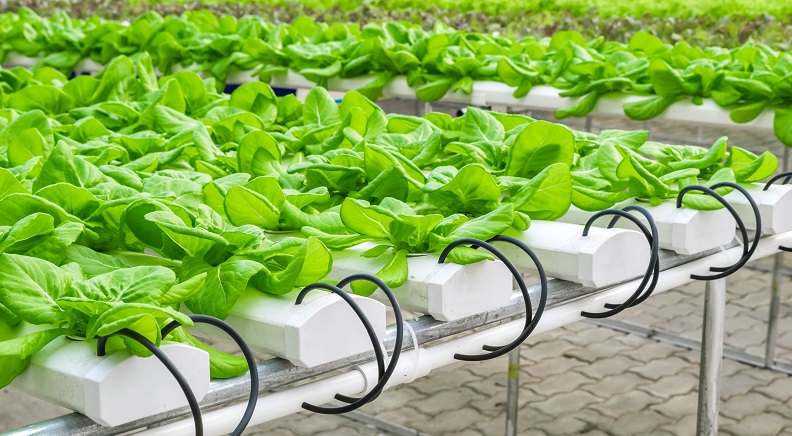
This Work-Study Post-Diploma (WSPostDip) will provide opportunities for fresh polytechnic graduates to deepen their skills and knowledge needed for a career in the agriculture-related industries. Suitable candidates will be matched with a relevant job offered by a WSPostDip partner company, in opportunities such as:
- Agriculture produce specialist
- Supply chain specialist for vegetable produce
- Production operations specialist
- Farm supervisor / manager
The Work-Study Post-Diploma aims to provide a pathway for career development and further education through two (2) Post-Diploma Certificates (PDCs). Upon successful completion of the programme, participants will be awarded a Specialist Diploma in Agritechnology and Agribusiness. Eligible participants who complete the WSPostDip will also receive $5,000 incentive*.
*Fresh diploma graduates who are Singapore Citizens and within three years of graduation or Operationally Ready Date for full-time National Servicemen only.
Target Audience
Fresh polytechnic graduates who are working in, or keen in joining agriculture-related industries.
What is so unique about this programme?
The Specialist Diploma in Agritechnology and Agribusiness is the first post-diploma programme in Singapore that focuses on urban farming. Through this programme, you will develop competencies in the following areas to manage hi-tech urban farms.
- Farm operations
- Business development
- Enhancement in productivity and profitability
Under the Work-Study Post-Diploma programme, participants may enjoy additional benefits such as sign-on incentive with full-time employment, assigned company mentor, well-structured training, and career advancement opportunities.
How often do I need to attend the course?
Lessons will be held three times a week on weekday evenings via online learning.
| Day of Lessons |
Duration |
Weekday
|
6.30pm - 10.30pm
|
Note: Practical lessons and hands-on sessions will be conducted at Republic Polytechnic, Woodlands campus.
WSPostDip Eligibility
Singaporeans and Singapore Permanent Residents who are:
- within three years of graduation from the Polytechnics or the Operational Ready Date (ORD) for full-time National Servicemen, or
- within five years of graduation from the Polytechnics, and if their employer is a participating company.
Course Entry Requirement
Applicants should preferably possess a relevant local polytechnic Diploma in one of the following disciplines:
- Applied Sciences
- Built Environment
- Business & Management
- Engineering
- Information and Digital Technology
Admission will be reviewed and approved by the polytechnic on a case-by-case basis.